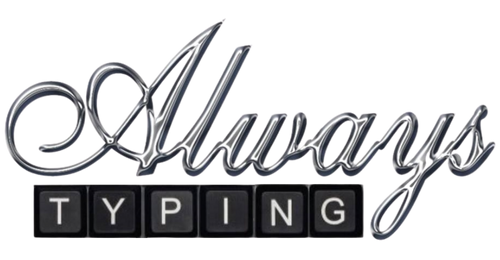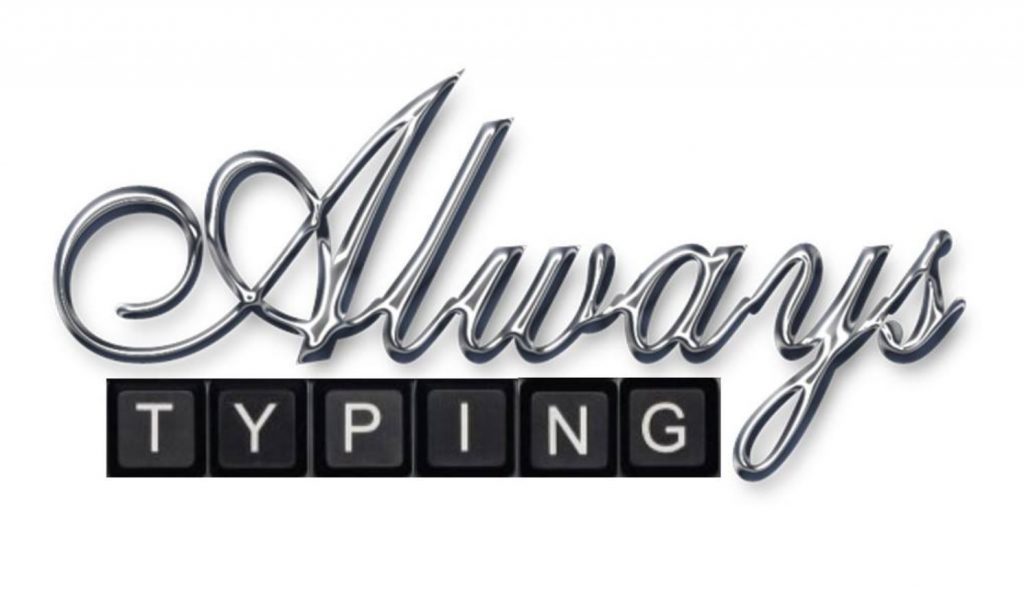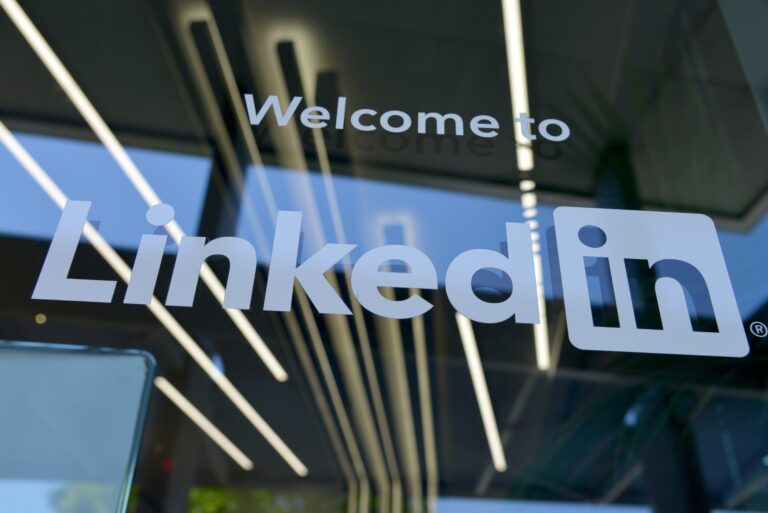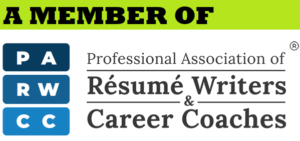Why You Struggle to Define Your Career Path and How to Overcome It
Choosing a career path is one of the most significant decisions you’ll ever make. It’s the foundation for your future, yet for many recent graduates and early-career professionals, this choice can be incredibly challenging. You might feel lost, overwhelmed, or unsure about which direction to take. The good news is, you’re not alone. Many people…









